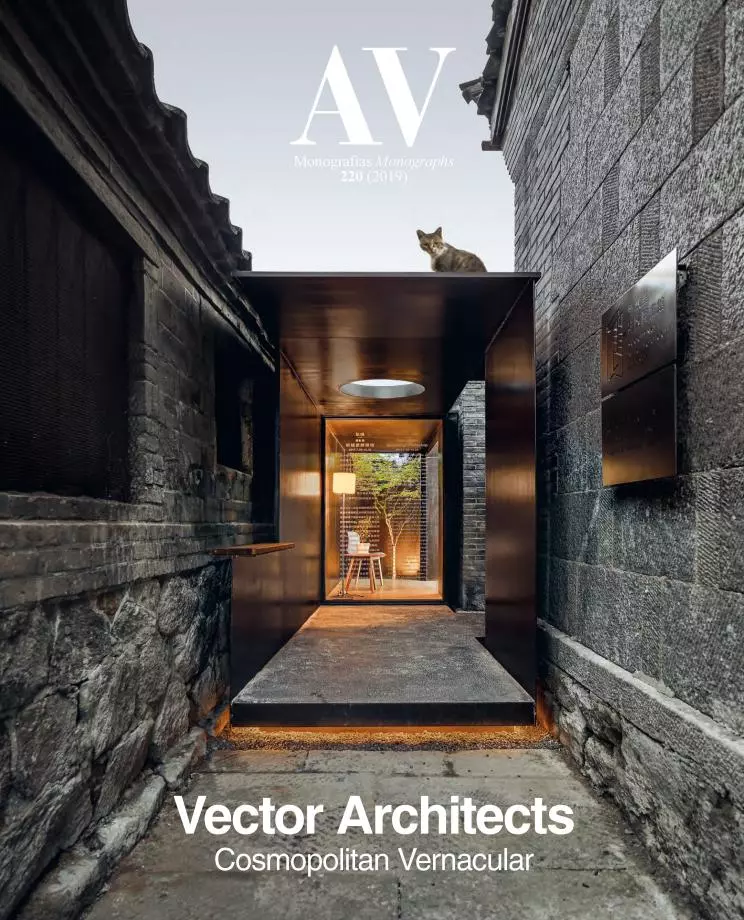
It is revealing to hear from a successful architect that architecture is a struggle for him. That admission by Beijing-based Gong Dong (b. 1972) immediately attuned me to the kind of serious discussion that would lead to a deeper understanding of one’s intentions. There is no substitute for working things out, trying numerous options, relying on one’s own gut feelings. Dong’s path to becoming a practicing architect was long and consequential. The decision to study architecture at China’s top school, Tsinghua University at his hometown, was suggested by his father, professor of engineering at the school. After receiving his bachelor’s in 1994 Dong taught for two years at his Alma Mater and then proceeded to earn his master’s there from 1996 to 1999. While at Tsinghua, Dong was in a parallel class with Hua Li (TAO), one year behind Zhang Ke (ZAO/standardarchitecture), and his studies overlapped with Li Hu (Open Architecture), Xu Tiantian (DnA), and Wang Hui (Urbanus); all of them now represent the leading figures among independent architects in China. The 90s were the critical years in forging the new generation of talented Chinese architects with an unwavering focus to succeed. So, Dong went on to acquire another Master of Architecture at the University of Illinois at Urbana-Champaign in 2001 and then stayed in the US to get a solid practice experience from some of the top American architects: Solomon Cordwell Buenz & Associates in Chicago and at the offices of Richard Meier and Steven Holl in New York. He returned to China in 2008 to establish his practice, Vector Architects.
Vladimir Belogolovsky: You have done a variety of projects over the past decade. Could you summarize for me: what is your architecture about? What are your current concerns? And where do you plan to take your architecture next?
Gong Dong: My understanding and interpretations of architecture are changing. I guess, the first few years were about distilling what I have learned at school and professional practice. Now I am asking different and deeper questions. What I noticed, is that every day, it feels more and more challenging. I don’t have confidence to say that my work is progressing, but my architecture has been transforming. I am trying to throw away what I already know and what I am used to. I want to discover new territories. Architecture is not about achieving productivity. Being too comfortable and sure of what you do is dangerous. And what is the ultimate goal – is it achieving a personal expression of an artist or is it about giving back to the people who will ultimately occupy your spaces?... [+]





